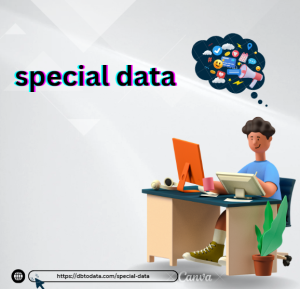In today’s fast-pac business world, customer relationship management (CRM) has become a critical piece for any company that wants to stand out in its industry.
A CRM system not only focuses on managing contact data, but also extends to improving overall customer interaction, increasing sales and optimizing internal processes.
But what are the 4 main objectives of a CRM? In this blog post, we will discuss the main objectives, explaining how each of them can transform and empower your company.
What is a CRM?
The term CRM, which stands for Customer Relationship Management, goes far beyond a simple technical definition. A CRM not only covers contact management, but integrates sales, marketing, customer service and all points of interaction with customers into a single platform.
Today, we live in an era in which the customer and digitalization are at the center. This context has generat a significant change in the way companies manage their relationships, giving rise to the concept of fusion database customer experience. Thus, a CRM is not just a technological tool, it is a customer-centric strategy that encompasses processes, methodologies and technology to improve customer management and satisfaction.
CRM platforms are recogniz as one of the most innovative and crucial technologies for companies. Why? Because they allow customer information to be centraliz and us to effectively manage accounts, prospects and sales opportunities. This facilitates not only organization and monitoring, but also more precise decision-making and the personalization of customer interactions.
The 4 main objectives of a CRM
1. Centralize information
One of the main goals of a CRM is to centralize all customer-relat information in a single, accessible system . This centralization allows companies to keep a detail and up-to-date record of all customer proces prirodne optimizacije pretraživanja relativno je spor interactions, purchases, and preferences.
By having all information in one place, data is easily accessible to all team members, improving collaboration and ensuring consistent, personaliz service. In addition, centralizing data ruces the risk of errors and information loss, improving operational efficiency.
3. Increase sales
A CRM is a powerful tool for increasing sales , as it provides sales yeezy 350 boost v2s teams with the tools and information they ne to close more deals. By managing and tracking the entire sales process, from lead generation to closing sales, a CRM automates repetitive tasks and streamlines the sales process. Additionally, up-to-date customer information makes it easier for the marketing department to design and execute sales strategies.


